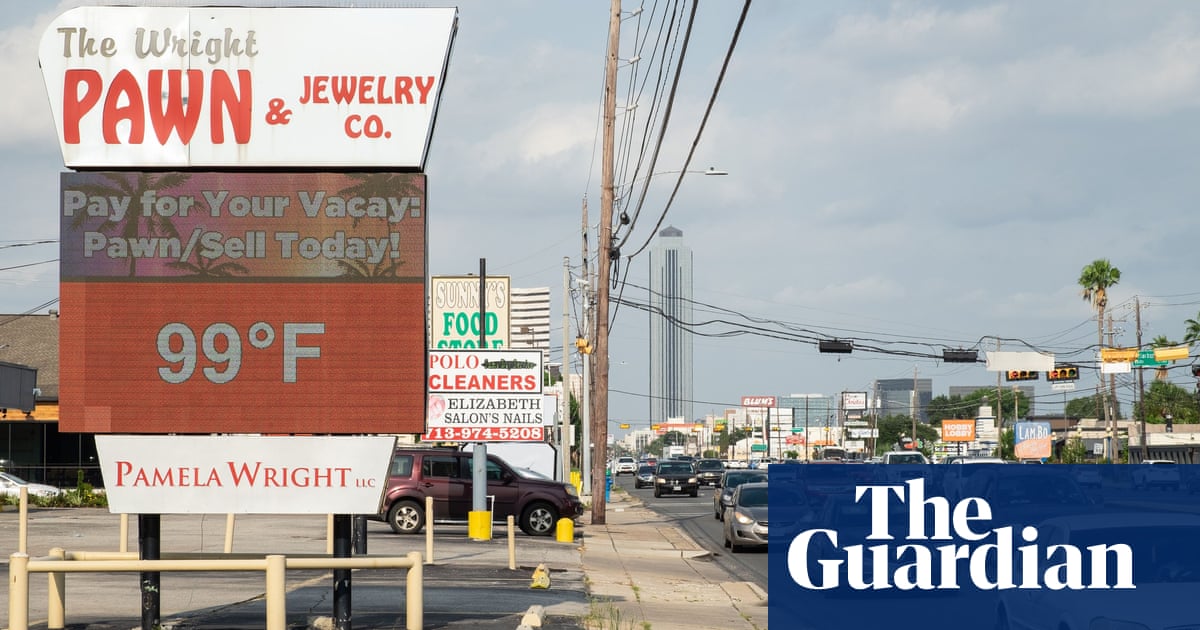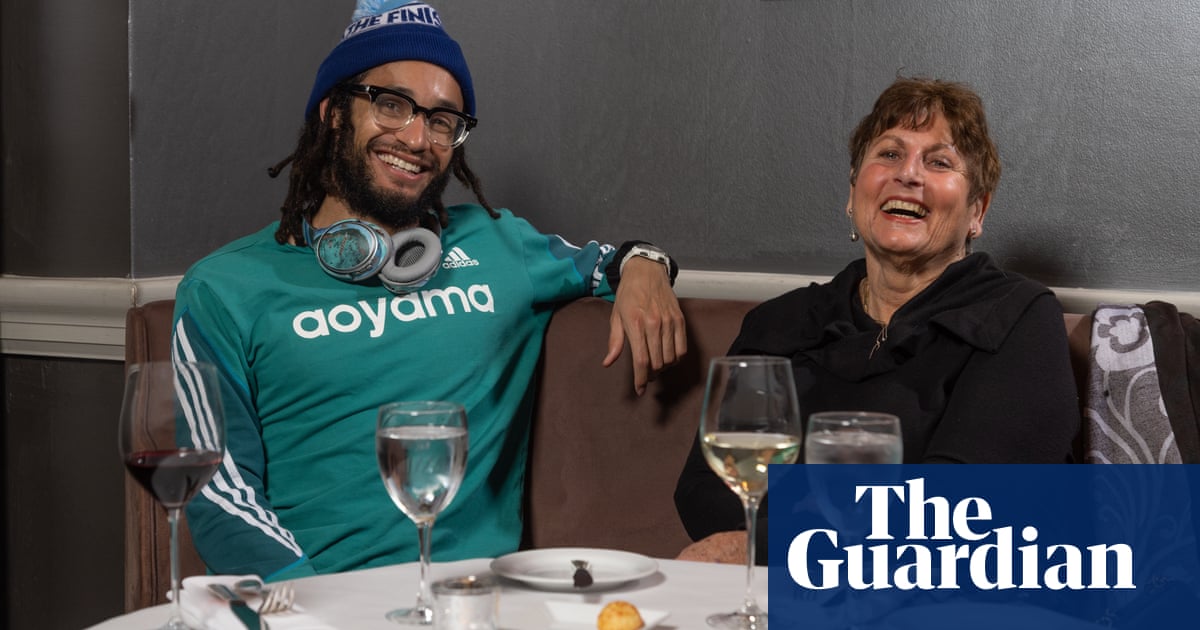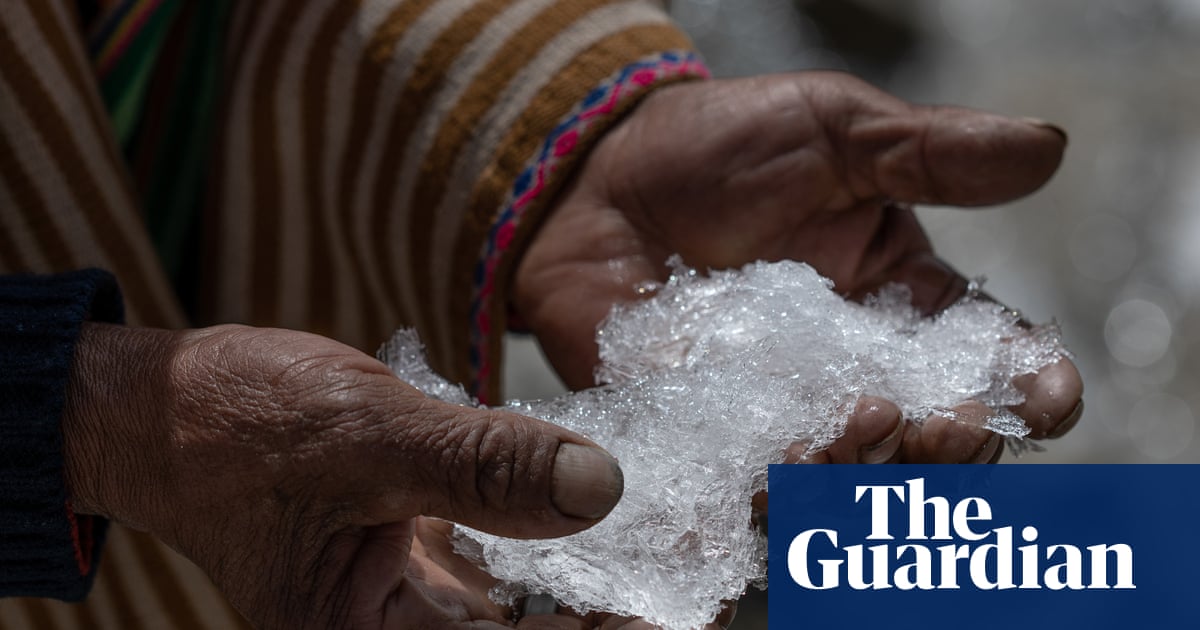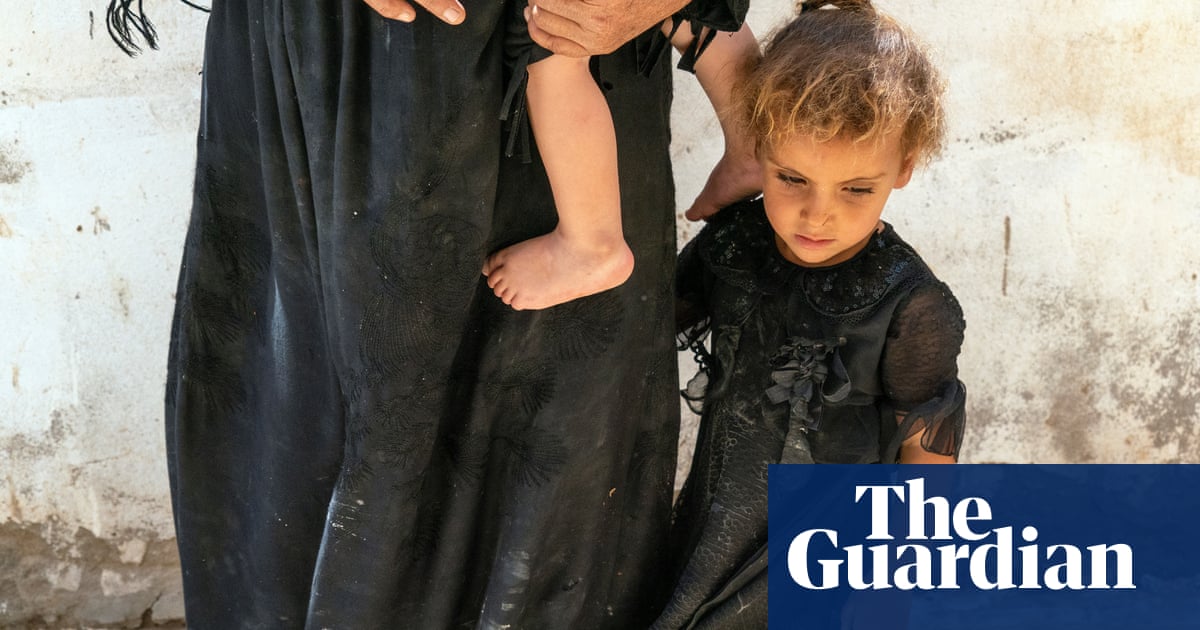
It’s not an exaggeration to say that Saving Us: A Climate Scientist’s Case for Hope and Healing in a Divided World is one of the more important books about climate change to have been written. Much of the literature to date feeds the appetite of readers who are already interested in the issue, but this book by Katharine Hayhoe, an internationally renowned climate scientist, could result in a massive expansion of interest in the subject.
Hayhoe is a gifted public speaker and Saving Us is a follow-up to her terrific Ted Talk in 2018, “The most important thing you can do to fight climate change: talk about it”. It is an entertaining masterclass on the science of communication, which pulls no punches about the threat that humanity faces or the size of the task to avoid catastrophic consequences.
She has devoted a great deal of her time to speaking to audiences in the United States and around the world and is a professor at Texas Tech University as well as a committed Christian who has gained a reputation for being able to reach across the most partisan of political divides. Indeed, her writing is infused with such a degree of reasonableness that it is difficult to believe anybody could disagree with her.
But one of the many refreshing aspects of this book is that Hayhoe recounts both her successes and her failures to communicate, through which she has assembled evidence about what works and what does not.
Much of the book’s advice is common sense, but there are also insights that might seem counterintuitive, all backed up not just by Hayhoe’s experience but also with robust research by psychologists and social scientists.
There is a warning that offering up more facts about climate change can actually increase polarisation among those who refuse to accept the evidence. Hayhoe also describes attempts to shame people to make changes as “a zero-sum game” because “when others attempt to impose their value system on us, we understand, fundamentally, that it is about making themselves feel better at our expense”.
Similarly, she points out that “guilt can motivate us to change” but adds: “Like fear, though, it can shut us down if we carry it with us long-term, or if it’s used as a weapon against us.”
The author advises against trying to engage with a small minority, the “Dismissives”, who “angrily [reject] the idea that human-caused climate change is a threat; they are most receptive to misinformation and conspiracy theories”. She points out that in the US, the main target for her book, just 7% of the population fall into this category. There are also “Dismissives” in the UK, but they are an even smaller group: a recent survey found that only 4% claim to be “not at all concerned” about climate change.
The book includes amusing examples of her encounters with the “Dismissives”, almost entirely older men – including an engineer who was unconvinced about the evidence but with whom she was able to establish mutual respect through a shared passion for knitting – and is packed with inspiring accounts of how she has won over even the most sceptical of crowds, such as a gathering of Texans who rejected the concept of climate crisis but were persuaded by her data on the rising risk of drought in their state. Her motto is “bond, connect and inspire”, which embodies her approach of always seeking common ground.
She also tells of a man who approached her after an event in London in 2019. He had been so inspired by her Ted Talk that he had started to speak to everybody he could in his borough of Wandsworth. He showed her details of 12,000 conversations that had taken place as a result, claiming that they had helped to convince the council to declare a climate emergency and to switch investments from fossil fuels to renewable energy.
And so, while it may feel difficult to influence the outcome of the Cop26, which starts today, Hayhoe’s uplifting book makes a persuasive case that we can all do our bit to bring about success just by talking about the issue.
Bob Ward is policy and communications director at the Grantham Research Institute on Climate Change and the Environment at the London School of Economics and Political Science
Saving Us: A Climate Scientist’s Case for Hope and Healing in a Divided World by Katharine Hayhoe is published by Atria/One Signal Publishers (£20). To support the Guardian and Observer, order your copy at guardianbookshop.com. Delivery charges may apply












